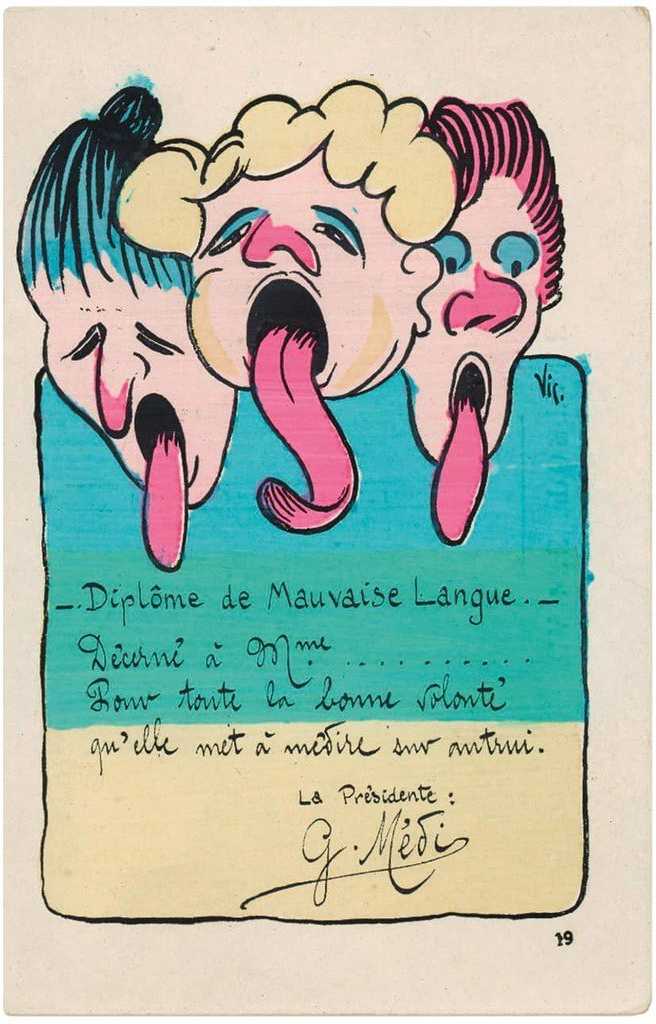2020-2021 COOP study group ~ CHUSMA 2.0: A Coalition of Gossips
Tutor team:
iLiana Fokianaki for State of Concept
HTDTWT & COOP:
Hypatia Vourloumis is guesting on Monday November 16; Monday March 22 & Tuesday March 23; 2 days during April 16, 17, 18, & 19; Friday 4 & Saturday 5 June (in flesh covid permitted).
Ghalya Saadawi is guesting for 2 days during 16, 17, 18, & 19 April.
Protocol COOP Hosting & HTDTWT Guesting.
Other guests:
Partner:
Student participants:
Nash Caldera, Dylan Spencer-Davidson, Flip Driest, Laura Dubourjal, Derek Di Fabio, velvet leigh, Izaro Ieregi Gonzalez, Ioana Lupascu, Azul De Monte, Maoyi (Peixuan Qiu), Lacey Verhalen, Lissy Willberg.
Student led reflection:
Program:
From Month to Month
Introduction to the program:
Chusma is a common word in Spanish used to refer in a despective way to the lower classes and to those who are vulgar, dirty, gossipy and loudmouth. In his book Disidentifications, queer performance theorist José Esteban Muñoz further defines it as a form of behavior that is in excess of normative comportment: an attitude judged to be too poor, too black, too queer. It refers to those with an inappropriate behavior that subverts standard conventions of decorum. The chusma is a wild, shameless, unruly social assemblage.
Similarly, the word gossip bears a derogatory mark. Silvia Federici reminds us in Witches, Witch-hunting and Women that, in its origin, the word gossip was used to refer to women who engaged in relations of friendship and cooperation. Gossips were a woman’s network of support, and as in the case of “witches”, gossips were groups of independent women, investing in the social power of the group. Being part of a “gossip” was being part of a support network and social space based on bonds of female sociality and solidarity. This was seen as a threat for patriarchy and, consequently, these self-assertive groups would be the target of misogynist campaigns of social chastisement. Gossips were subsequently pictured as aggressive, quarrelsome, loudmouths, drunken, domineering and shameful old maids. Little by little, a new meaning would coalesce around the word, and gossip would come to signify women engaging in idle talk, a definition legally enforced by fines in court and other power structures of the patriarchal state.
Federici concludes: “Gossip today designates informal talk, often damaging to those that are its object. It is mostly talk that draws its satisfaction from an irresponsible disparaging of others; it is circulation of information not intended for the public ear but capable of ruining people’s reputations, and it is unequivocally ‘women’s talk’. It is women who ‘gossip’, presumably having nothing better to do and having less access to real knowledge and information and a structural inability to construct factually based, rational discourse. Thus, gossip is an integral part of the devaluation of women’s personality and work, especially domestic work, reputedly the ideal terrain on which this practice flourishes.”
Tracing the histories ascribed to this word, this COOP aims to actualise the potential of the gossip today. Would it be possible to re-institute the original force of the gossip by reversing its contemporary significance? Is it possible to re-appropriate the power of words and consequently language itself? Can we create feminist structures through the circulation of information, ideas, affects and solidarities? What forms, tools and tropes of operating would contemporary and future gossips need? This study group will explore these two questions through practical research, debate and case studies including: visual analysis of demonization and subversive drawing; rumorology and disturbing distribution; coalitions and support structures; organisation tactics and strategies from the abolitionist and trans-feminist movements; languages and codes of clandestinity; analysis of forms of violence and collective defense; femininised forms of living and forms of radical vitality and joy. CHUSMA 2.0: A Coalition of Gossips hopes to build a contemporary archive of gossip as a practice, that will allow us to imagine life together otherwise: through an intersectional feminist collective practice.

